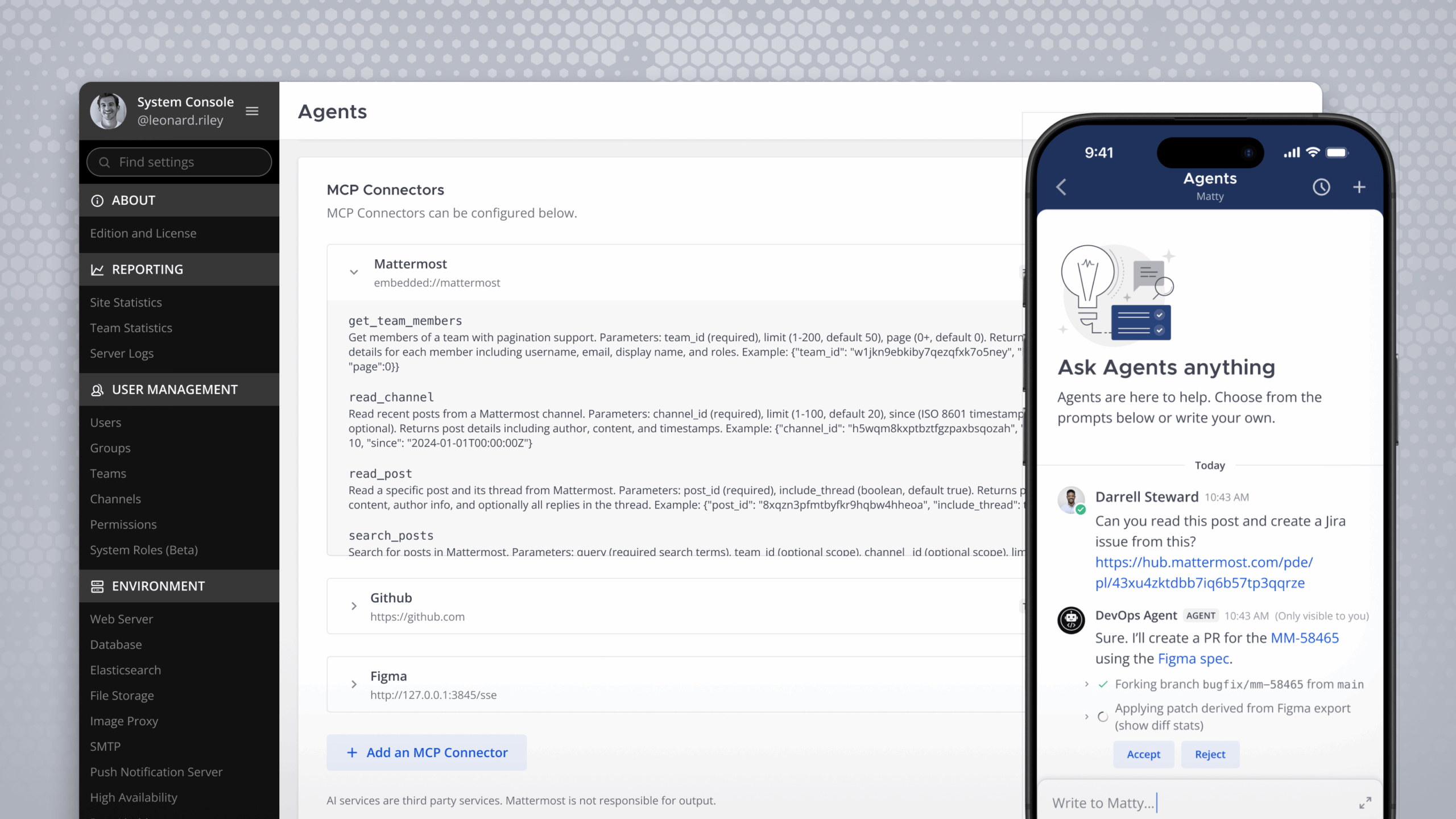
Skype for Business End of Life: What You Need to Know
Does your organization use Skype for Business to collaborate? If so, you need to immediately start thinking about a Skype for Business replacement if you want to continue collaborating productively and securely.
In this post, we’ll examine the history of Skype for Business, along with some key considerations organizations should keep in mind while exploring alternative solutions.
Skype for Business end of life: The background
Since 2015, organizations across several critical infrastructure sectors — including healthcare, financial services, technology, and government — have been using Skype for Business to collaborate.
In September 2017, Microsoft announced that Skype for Business, previously known as Lync, would be replaced by Microsoft Teams — its collaboration platform built for general business users that ships with Office 365 — and encouraged existing customers to migrate there. Four years later, Microsoft officially retired Skype for Business Online on July 31, 2021.
Skype for Business will reach end of support on October 15, 2025. At that point, Microsoft will no longer provide support for any Skype for Business issues — including technical support, bug fixes, and security fixes.
While Microsoft does offer Teams as a replacement, many organizations are still struggling to figure out how to ensure a smooth migration there while adapting their workflows and maintaining productivity.
How does Skype for Business’ deprecation impact businesses?
The deprecation of Skype for Business has significant implications for businesses that use it. To keep operations humming, they must adapt to new communication and collaboration solutions. No matter which platform an organization ultimately decides to replace Skype for Business with, the transition will have multiple impacts.
To increase the chances your next collaboration platform is the best fit for your needs, here are three considerations to keep in mind as you search for a new solution.
1. Determining your requirements for a Skype for Business replacement
Skype for Business will cease operation later this year. As a result, businesses that use it will need to migrate to alternative platforms—a transition that may require significant time and effort for choosing a replacement, training employees, migrating data, and adjusting workflows.
However, this moment also provides an opportunity to adopt more feature-rich and integrated tools, which can help improve team collaboration and productivity while giving your organization more control over data, compliance, and security.
While Microsoft suggests moving to Teams, the general-purpose collaboration platform isn’t ideal for critical infrastructure teams. After all, these teams often rely on specialized tools that cater to their unique workflows. Teams may be perfectly suitable for general business teams but it also might lack the advanced capabilities, customizations, and security mechanisms these groups need.
As a result, critical infrastructure organizations may be best off exploring other collaboration solutions that better align with their operational requirements. By choosing a battle-tested platform built for high-security environments, critical infrastructure organizations can ensure seamless collaboration without compromising on efficiency or functionality.
2. Minimizing disruption to business operations
Moving to a new collaboration platform can disrupt daily operations — particularly if employees are unfamiliar with the replacement tool. This is why it’s so important to begin looking for a Skype for Business replacement today. The sooner you find a new solution, the faster you can begin configuring your deployment and training your team to use it productively.
Addressing potential challenges proactively—like integrating your new collaboration platform with existing workflows and addressing any compatibility issues—can help ensure a smoother transition.
After you’ve picked a Skype alternative, be sure to provide ongoing support and resources during the migration phase. Doing so will help employees adapt to the new way of working faster, minimizing any productivity losses.
3. Seeing the moment as an opportunity to uplevel collaboration
The deprecation of Skype for Business isn’t just a challenge. It’s also an opportunity for businesses to rethink their communication and collaboration strategies. Instead of just transitioning to Teams because Microsoft suggests it, organizations should seize the moment and use it to evaluate their needs and implement solutions that go beyond simple platform replacement.
Ultimately, this transition provides a chance to streamline workflows, enhance security protocols, and adopt advanced tools that align with long-term goals. For example, organizations can decide to leverage a platform with built-in automation features to reduce repetitive tasks, increase efficiency, and free up teams to focus on higher-value work. It’s also an ideal time to improve collaborative workflows by implementing tools that seamlessly integrate with existing mission-critical systems, promote cross-department collaboration, and support remote and hybrid work requirements.
Beyond this, organizations can also use this opportunity to prioritize security upgrades — something that must be a top priority for those looking to increase cyber resilience. Rather than staying firmly entrenched in a cloud environment controlled by a third party, organizations can use the opportunity to deploy a self-hosted collaboration solution that lives on infrastructure they control — or one hosted in a single-tenant private cloud — protecting their most sensitive data as a result.
Additionally, modern collaboration platforms often ship with advanced security features, including data sovereignty capabilities, granular access controls, and encryption. Together, these features help organizations protect sensitive information and keep their systems safe from attackers while helping them meet internal and external compliance requirements.
With the right collaboration platform in place, businesses can even use Skype for Business’ deprecation as an opportunity to responsibly deploy AI-powered workflows. By leveraging AI securely inside a self-hosted collaboration platform, organizations can enhance decision-making, better predict operational needs, and otherwise increase individual and team productivity — making it that much easier to achieve business goals.
Add it all up, and the need to replace Skype for Business provides a strategic opportunity to future-proof your organization’s collaboration needs.
Mattermost is the ideal Skype for Business replacement
As a secure collaboration platform built for organizations that operate in the strictest environments — including defense, intelligence, and military agencies and critical infrastructure organizations — Mattermost is the ideal Slack for Business replacement.
Mattermost provides a secure collaboration alternative to Skype for Business and is designed to complement your existing environment with pre-built integrations with Outlook at OneDrive, support for single sign-on with ADFS and Office 365, and the ability to manage users via Azure Active Directory.
Unlike general-purpose collaboration tools, Mattermost offers advanced workflow automation, integration with developer tools, and the ability to run on-premises or in private cloud environments — ideal for organizations with high security and compliance requirements.
To learn more about why you should consider Mattermost as a Skype for Business alternative, check this out.




